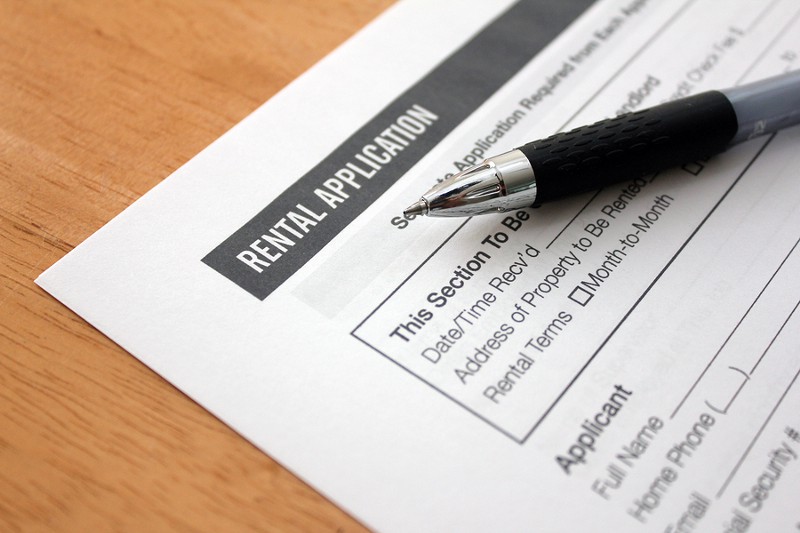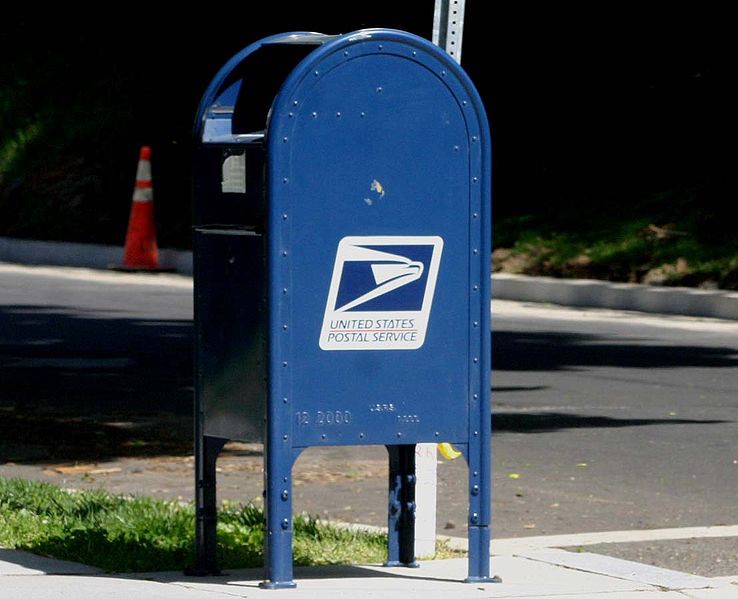When you move, it’s a great time to get rid of things you no longer need. There are three ways to get rid of these things. Throwing things away is often the simplest or easiest option. It’s the go-to route for low value items that cannot be sold or donated.
But throwing things out can be harder than you think. Here’s a breakdown of how to treat certain items…
Small Items
Disposing of small knick-knacks is pretty simple. Grab a garbage bag, fill it up, and take it outside. If you’re getting rid of paper, make sure they don’t contain sensitive material. If they do, you’ll need to shred them. You can get this done at a UPS or Staples, if you don’t own a shredder. Or — if you need to shred in bulk, there are third-party services who will come to your home, to shred and dispose of everything for you.
Large Items
For larger items, like furniture, you can’t just toss them in the regular garbage. First you should consider selling it (see here), but if it’s broken, tarnished, or simply unsellable — you’ll need to dispose of it.
Be careful about how and where you dispose of these large items. Each state has their own rules and regulations around how to do this, so refer to your state’s website on how to proceed.
Hazardous Waste
This includes anything like automotive products, paint, batteries, electronics, flourescent lightbulbs, certain household cleaners, garden and pool chemicals, and many others. For these you can have someone like Waste Management (or any other removal service) come pick it up and handle the disposal for you.
Extra Food
When it comes to the kitchen, you’ll likely have some extra food to throw away. But wait! There’s a solution here. The great people at Move For Hunger are doing some incredible work to bring this potentially wasted food to familes in need. This will happen automatically with your Moved concierge and any of their moving company partners.
Before throwing something out, always ask yourself if it can be donated!
Thanks for reading! If you liked this post, please recommend or share it with others. 🙂
Want to talk? Connect with Moved on Facebook, Twitter, and Instagram!



















